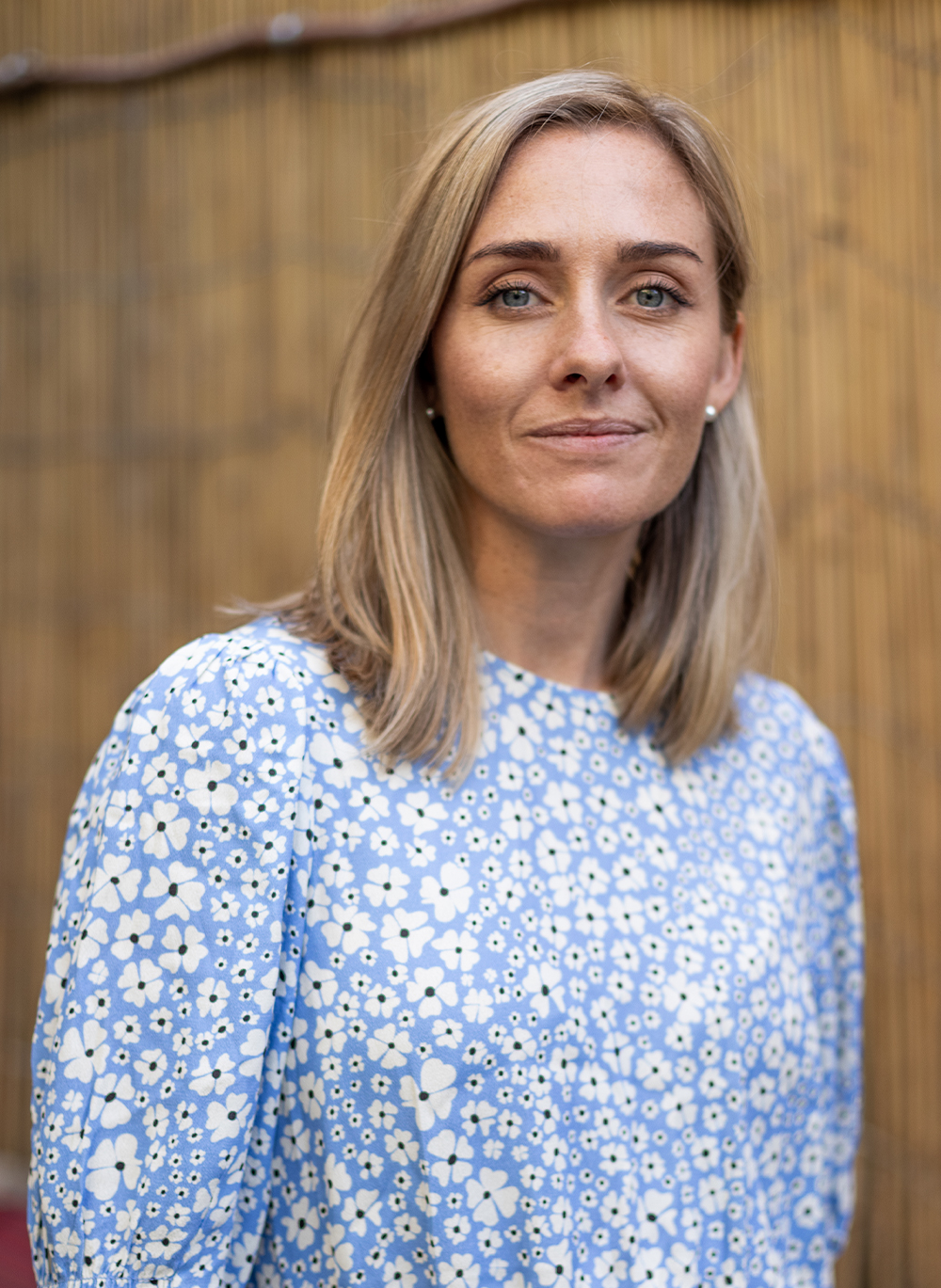

USAID – The gutting of America’s biggest aid agency
Charlotte Bellis looks at the shuttering of the United States Agency for International Development and what it really means for our security.
”Last year, USD$874 billion was spent on national defence, almost 22 times the cost of USAID. If you’re looking for savings – in money and lives - look no further.
For most New Zealanders the United States Agency for International Development won’t mean much. America’s biggest aid agency, known as USAID, has been reduced to just another US acronym in the headlines since President Trump moved to close the 60-year-old institution in January.
I want to shed some light on USAID from a New Zealand perspective and why it’s so much more than five letters and a headline. I co-founded a media production company three years ago. We create audio-visual content for global media outlets, but also for humanitarian organisations and most of those projects are funded by USAID. That work has taken us to more than a dozen countries from west to east Africa, Palestine, Honduras to Afghanistan.
We documented projects that got children back into schools after conflict, agricultural grants that supported women into business, textile projects that pulled young men into work and away from extremism, programmes that helped teenagers break generational cycles of gender-based violence or campaigns on the merits of democracy. I could go on. In late January while on deployment for a USAID-funded project in Ghana and 48 hours into a 10-day trip, our company was told to cease all work and go home following the announcement.
Last year USAID spent USD$40 billion in more than 100 countries. That’s a sixth of New Zealand’s GDP.
Think of USAID as the ambulance at the top of the global cliff. They look at areas of vulnerability and target them for support. You can define vulnerability as broadly as you can imagine – vulnerable to dictatorship, hunger, disease, poverty, sexual abuse, drought or a censored press. A USD$40 billion a year agency reduced, at the time of writing, to a homepage featuring a statement of ‘don’t come back to work’.
USAID has spent billions in the Pacific, mainly around climate vulnerability, a long-term investment in resilience that New Zealand will also benefit from in the future. Our response – financially and otherwise – will be smaller when disaster or hardship hits the Pacific because USAID invested against vulnerabilities now. USAID made it their job to snuff out issues before they snowball.
If you offer start-up business grants in Papua New Guinea, entrepreneurs don’t turn to China. If you can pull more youth into work and away from extremism in the Sahel you limit Al Qaeda’s ability to recruit. It saves you money as there’s less work for the ambulance at the bottom of the cliff. If you’re American that should matter because that ambulance is a very expensive US military. Last year, USD$874 billion was spent on national defence, almost 22 times the cost of USAID. If you’re looking for savings – in money and lives – look no further.
Trump’s billionaire henchman Elon Musk has tweeted “USAID is a criminal organization. Time for it to die”. President Trump followed that with its “run by a bunch of radical lunatics” and it should be shuttered. Few Democrats are willing to speak out in support of USAID because public sentiment lies with ‘America First’. It’s easy to say spending money on vulnerable people on the other side of the world is for bleeding heart liberals. It’s better politics to say you’ll keep U.S. taxpayer dollars on U.S. soil. The taglines hit, particularly in conservative America, and it fits with the Trump doctrine of we don’t want to be the world’s policeman anymore. He has made it clear that he’s quite happy to pull back from global mandates, raise tariffs, burn allies and build higher fences.
The decision to shutter USAID is central to that theme. But the consequences of the US shrinking its influence is that void will be filled by Russia and China. USAID has acted as a buffer against that. Let’s take Africa. China has invested heavily in infrastructure across the continent, acting as a loan shark to many governments and corporations and therefore has growing leverage in those countries. Russia, largely via Wagner mercenaries, has become the security force de facto of Africa’s most powerful.
In Francophone nations, protesters have spent the last few years graffitiing European embassies and chanting slogans bashing colonisation while waving Russian flags wearing t-shirts of ‘Je suis Wagner’. In English – I am Wagner.
USAID was America’s predominant counterbalance to this. Trump and his executors also argue America is not a charity. Superficially, yes, USAID gives out money to vulnerable people. But using the saying of ‘teach a man to fish, don’t give him a fish’ – USAID is not handing out fish. They’re handing out training on how to catch more fish that you can sell back to the US and global markets to benefit your and America’s economy.
I will accept that USAID had inefficiencies. Big ones. Operating in developing nations that don’t have modern banking, limited flight connections, internet and generally basic infrastructure costs more money. There was absolutely an opportunity to reassess programmes, foreign policy priorities and root out wastage.
But there’s a right-sizing mission and then there’s burning it to the ground.
The impact in the short term is severe, from 20 million people instantly losing USAID-provided HIV medication to the world’s primary famine warning system going offline. The long-term impact is harder to quantify, but USAID was an investment, not a charity, that America had reaped the benefits of for decades in terms of security and savings, and would have continued to do so.
